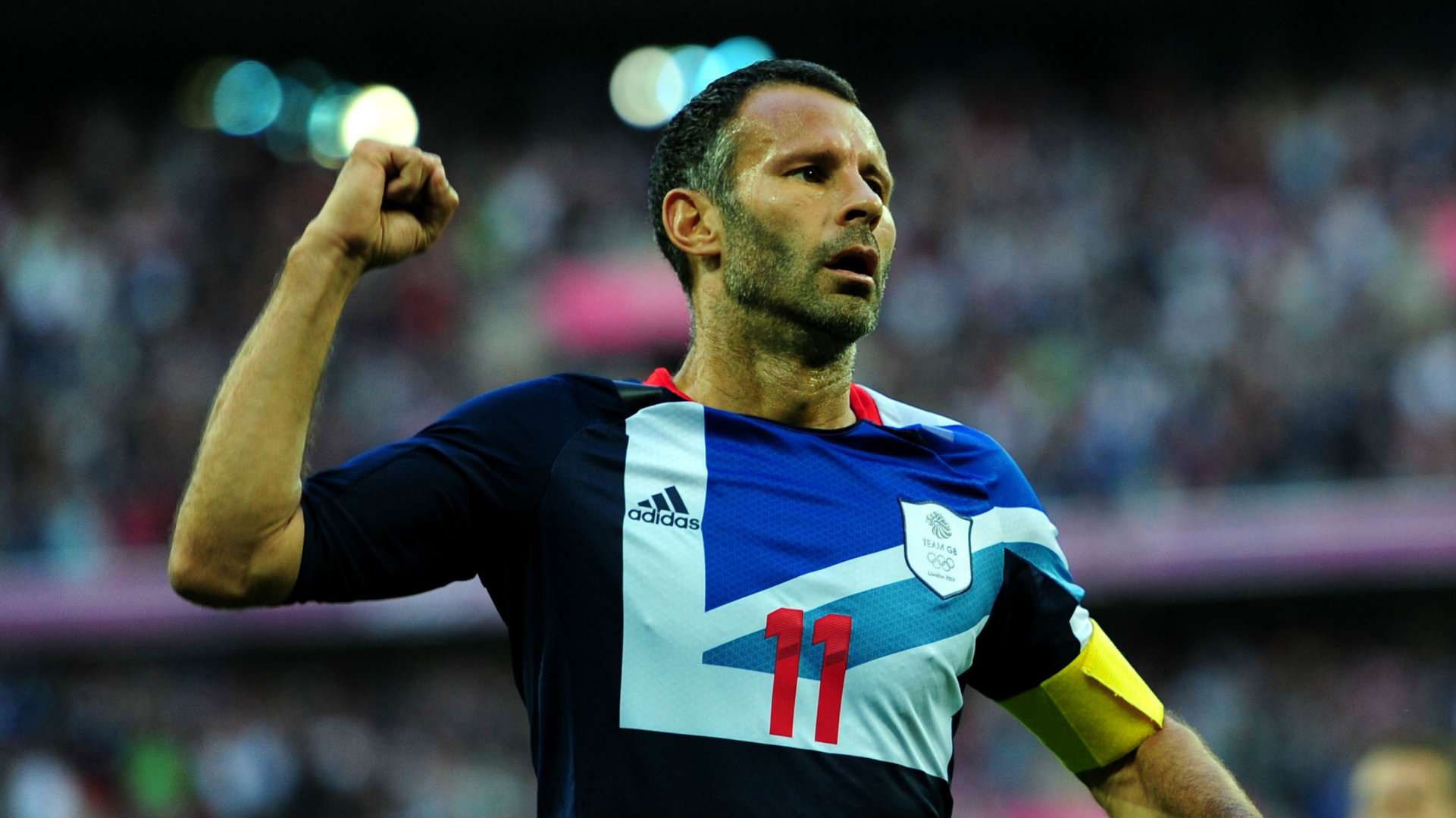At London 2012, Great Britain fielded a men's team at an Olympic Games for the first time since 1972.
All four home nations allowed their players to participate, while a women's team was also entered for the first time as Team GB competed in every sport at the Games.
But the associations from Northern Ireland, Scotland and Wales failed to agree to the same terms for Rio 2016, when neither the men's nor women's side were entered.
The trio are fearful that allowing their players to compete would risk their independence in the eyes of FIFA - though world football's governing body insists it will not intrude.
FIFA stated it will only accept GB's entry if all four member nations are in agreement.
Stuart Pearce managed the first men's Team GB football team for 40 years, but it was a campaign which failed to match the success which was enjoyed in other sports.
After a limp draw with Senegal, GB overcame the United Arab Emirates thanks to goals from Ryan Giggs, Scott Sinclair and Daniel Sturridge.
Sturridge struck again against Uruguay to secure a quarter-final berth, where Pearce's side were faced with South Korea.
All but three members of Team GB's 18-man squad hailed from England and the nation's problems in penalty shoot-outs rubbed off as they were downed on spot-kicks in Cardiff.
However, the team was discontinued for Rio and participation for the men's team in Tokyo has already been ruled out.
Team GB's women competed at the Olympics in the football competition for the first time at London 2012.
 Getty
GettyHope Powell's side won all three of their group games against New Zealand, Cameroon and two-time silver medalists Brazil with Steph Houghton netting in each game.
Come the quarter-final GB came unstuck at the hands of Canada, who secured a 2-0 win in Coventry and would end up scooping the bronze medal.
Similar to the men, no squad was entered for Rio with all four members nations failing to sanction the team.
Football Association chairman Greg Clarke stated in the immediate aftermath of the Rio Olympics that he wanted there to be a men's and women's team in Tokyo.
He said : “My personal view, and a view of a lot of people in government and at the FA, is: 'Why would we deprive our athletes in the men’s and women’s football team of competing at the Olympics?'"
However, two years down the line, Clarke's hopes have been dashed, though only partially.
At the start of October, FIFA announced it had received written confirmation from all four home nations confirming their intention to allow a British women's team to qualify for 2020.
England, managed by Phil Neville, have been nominated to secure a berth in the tournament at the 2019 World Cup, where three entry slots are available.
It remains to be seen, however, whether Northern Ireland, Scotland and Wales will release their own players, with the Football Associations of the latter pair remaining hesitant.
Meanwhile, no men's team will be permitted to attempt to qualify and, with those aforementioned three nations having described London 2012 as a 'one-off', it appears unlikely that stance will change in the near future.

